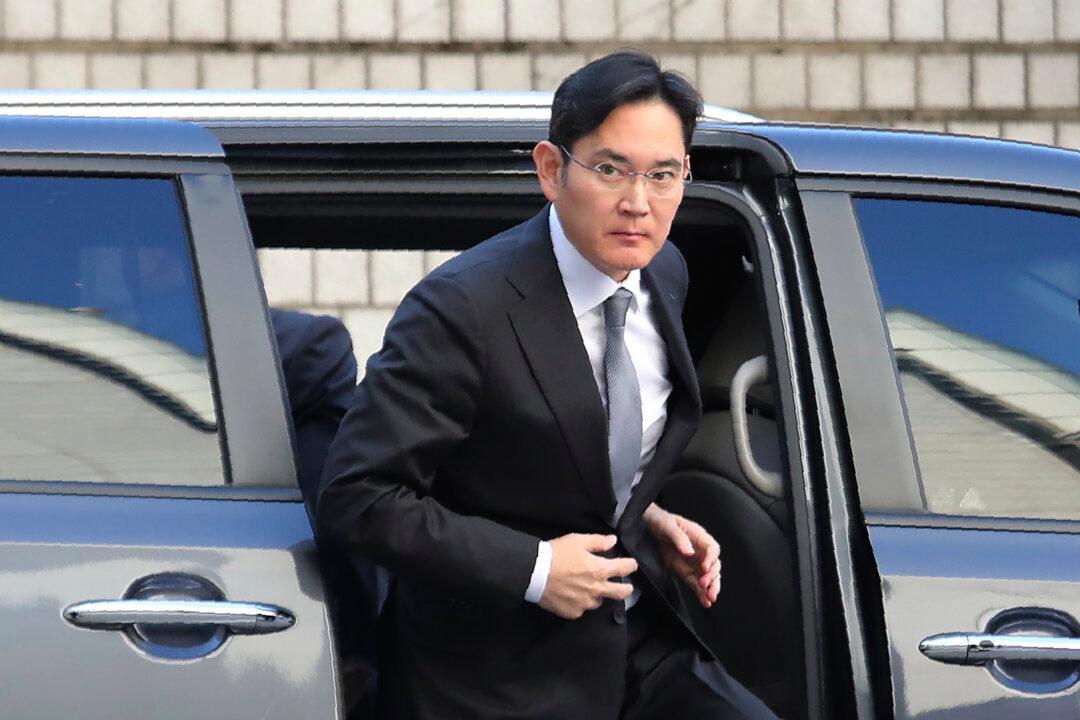SEOUL, South Korea—South Korea will release billionaire Samsung scion Lee Jae-yong on parole this week after he spent 18 months in prison for his role in a massive corruption scandal that triggered nationwide protests and led to the ouster of the country’s previous president.
The announcement Monday by the Justice Ministry, which came with a year left on Lee’s 30-month sentence, extends a history of leniency toward major white-collar crime and preferential treatment for convicted tycoons. It tarnishes the reformist image of President Moon Jae-in, who after winning a presidential by-election in 2017 vowed to curb the excesses of “chaebol,” South Korea’s family-owned conglomerates, and end their cozy ties with the government.





